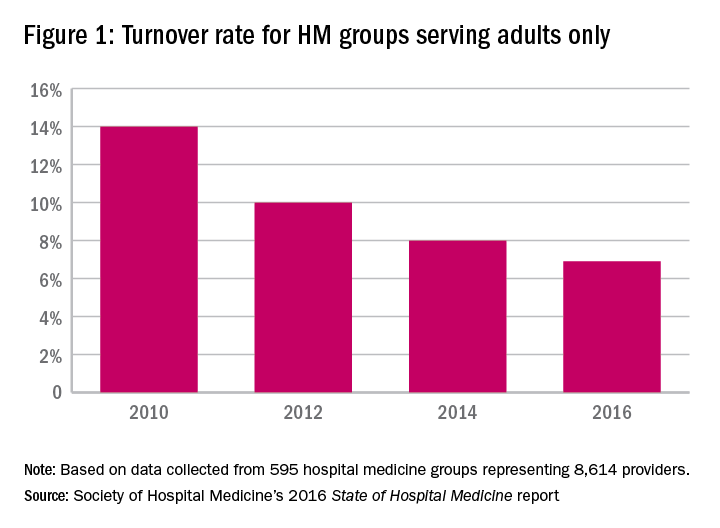- Joined
- Apr 22, 2006
- Messages
- 2,794
- Reaction score
- 2,626
vast majority of cards and onc are employed and own nothing. Maybe 15 years ago they were mainly pp but that’s not the case these days. Onc still makes alot due to chemo/immunotherapy. Cards makes a lot since they generate a ton of RVUs with their consults, clinic and echo interpretations.I mean the entire ER field turned from a gravy train to spoiled milk in 6 months. It can happen very fast. The hospital admins are looking for new ways to save money as this house of cards starts to collapse hospitalists/intensivists will likely be early casualties. Sure you can run to outpatient medicine to be a PCP but depending on your local market you are looking at a year to be properly impaneled before you start to actually have positive income potential. Onc/cards/GI will never have this problem. They own the infusion/echo/ASC and are printing money whether the hospital goes out of business or builds a new tower. They also own the patients that generate hospitals money.
But I agree that they aren’t easily replaceable because they own the patients. Also midlevels aren’t going to be reading nucs and echos anytime soon.



